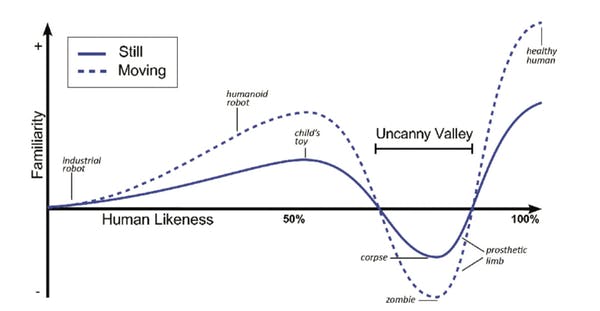Have you heard of Nicolas Bourbaki? I hadn’t but David Gunderman writes that “he made fundamental contributions to important mathematical fields such as set theory and functional analysis.” But the problem is that he never existed. So what happened?
He first appeared in 1934 in Paris.
[Read more…]


